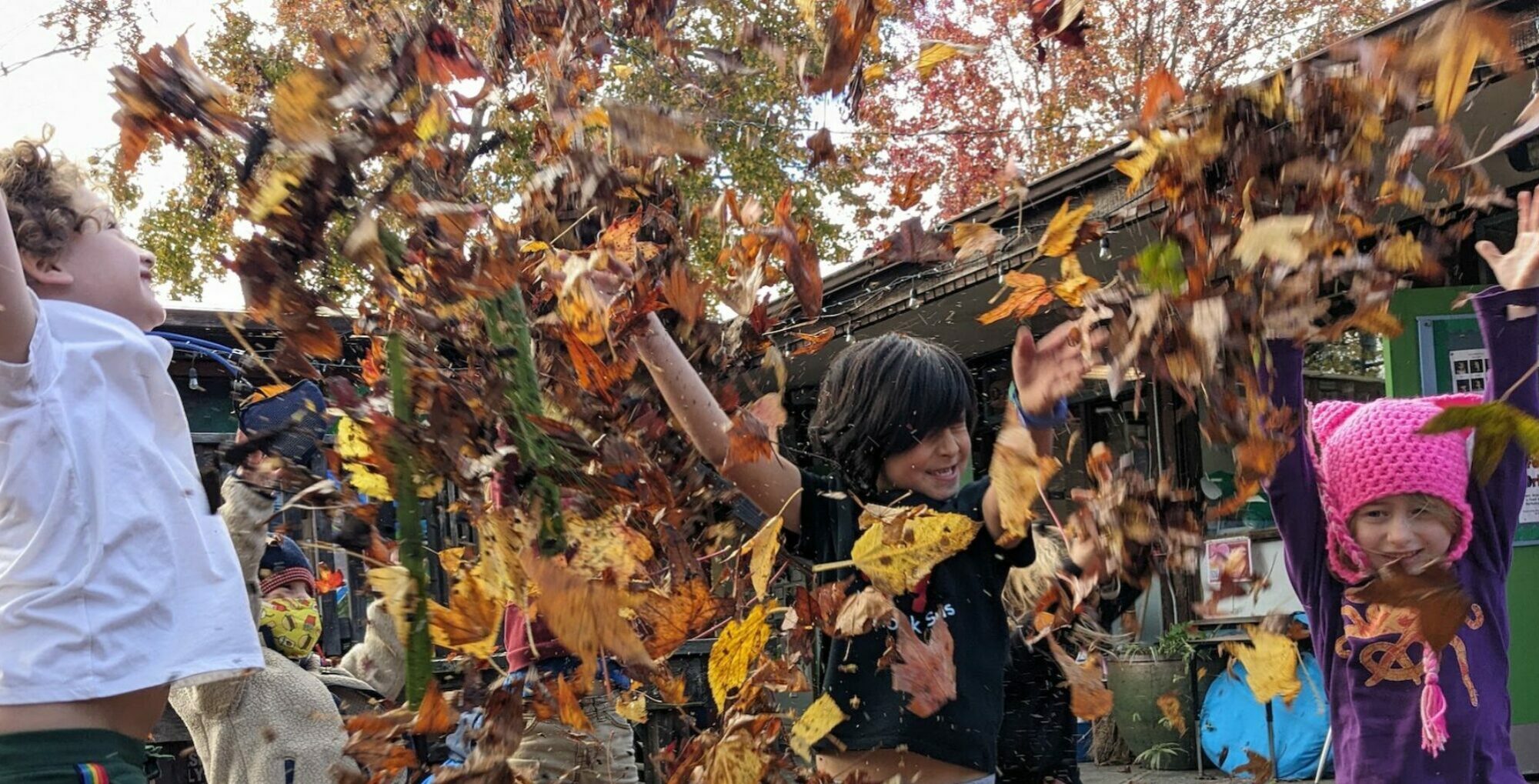Lower Group
Lower Middle Group
Middle Group
Upper Group
Drama and Movement
Music
Visual Art
Spanish
Lunch, Snack & Recess
The Lower Group is a playful, warm, humorous, and exciting place for four-to-six year olds to spend the day. With a focus on nurturing their innate curiosity, creativity, and kindness our Lower Group teachers guide children into the world of learning at Walden.
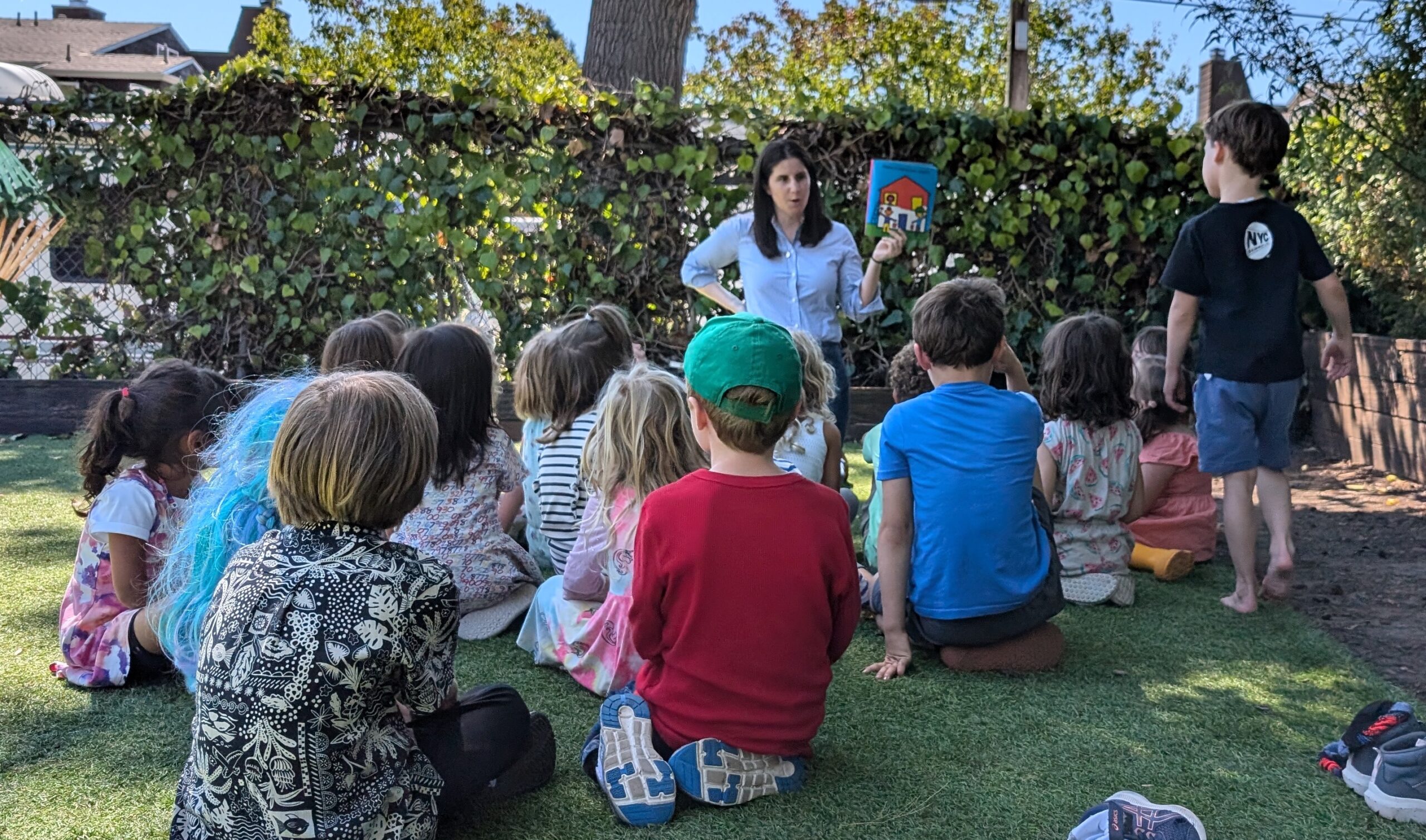
Subjects are integrated into cohesive units of study that call on all of the children’s senses to explore and learn. Education is respectful, collaborative, playful, and hands-on.
Schedule
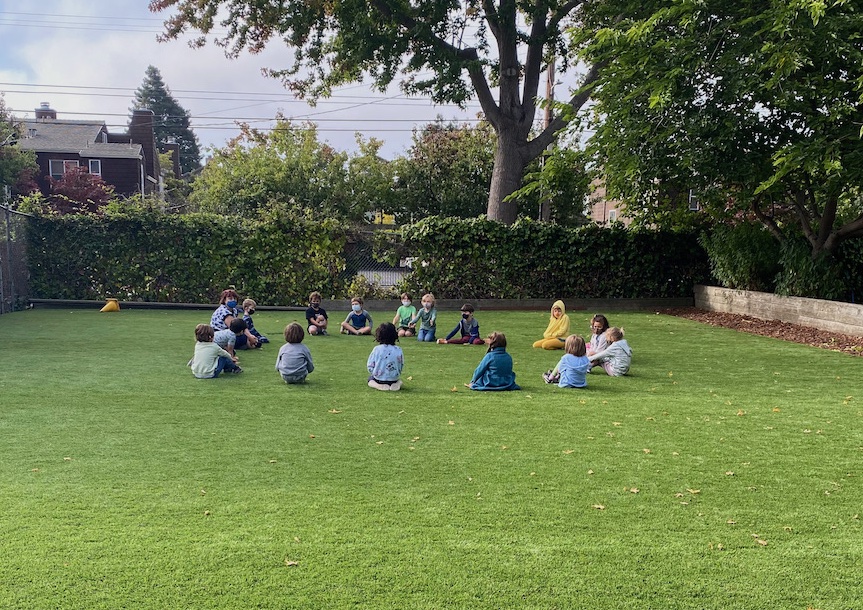
Our Lower Groupers’ day runs from 8:45 am. Here is a sample weekly schedule:
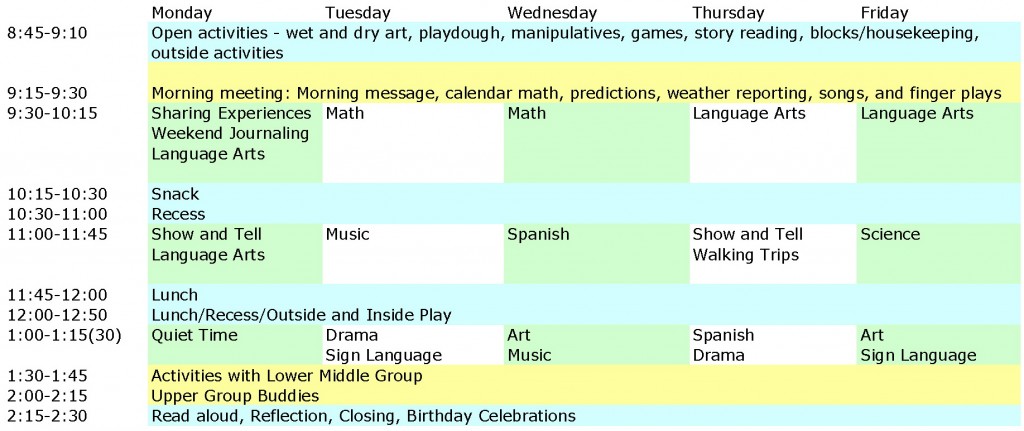
Language Arts
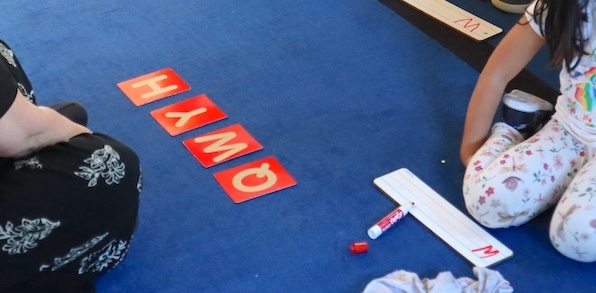
Teachers use a literature-based approach to reading and writing at Walden, balancing the best of whole-language and phonics curricula. In the Lower Group, we begin by emphasizing oral language development, through listening and speaking. From these familiar language patterns we introduce the printed word and model reading, integrating phonic instruction and word recognition skills.
We focus on the enjoyment of reading as something to be shared: teachers read to children daily; Upper Group and Lower Group Reading Buddies share reading and games. Our literature consists of stories, riddles, rhymes, poems, songs, legends and myths of various cultures, nature and science books, history books, and current event reportage.
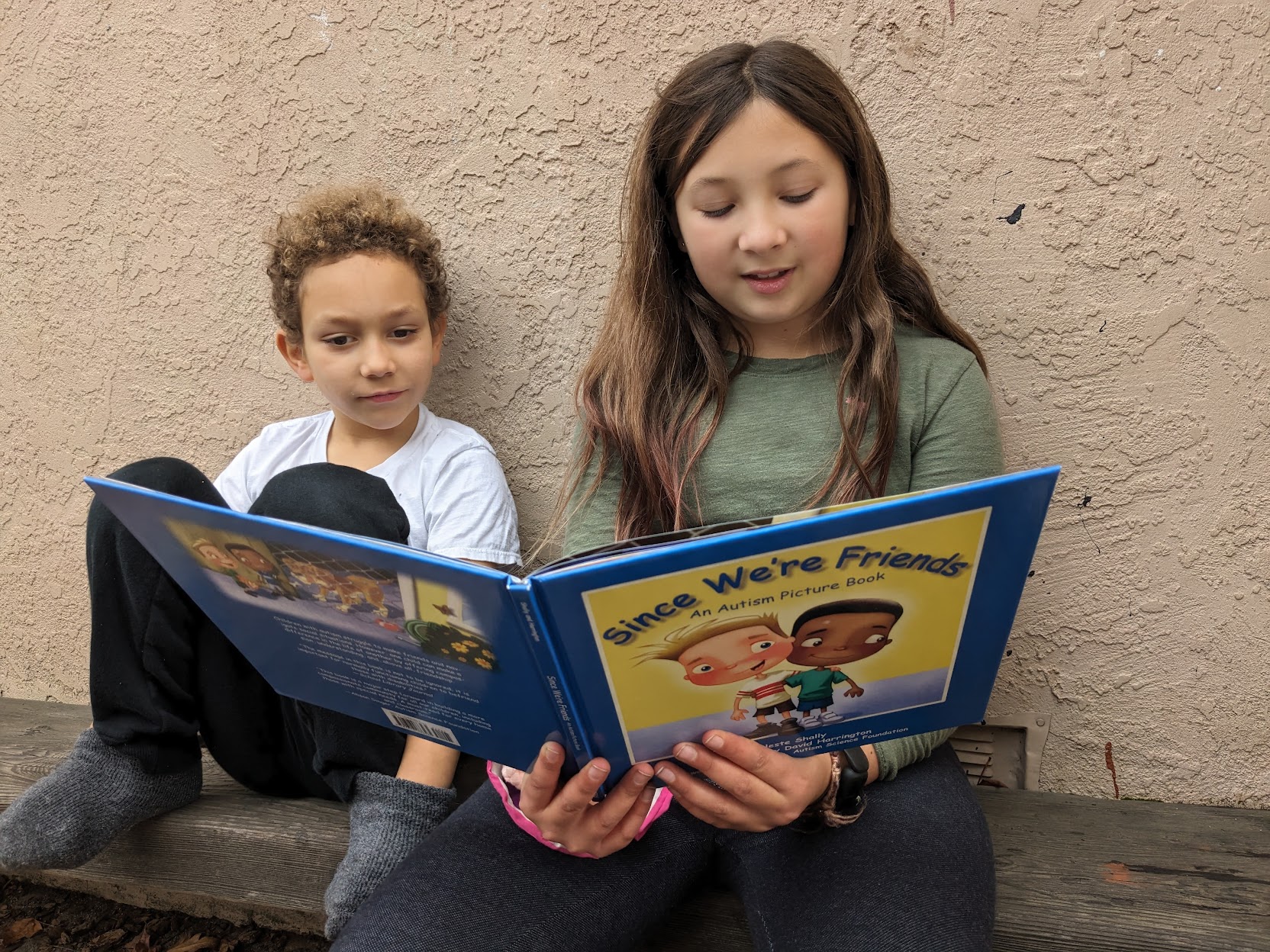
We encourage children to express their ideas verbally, artistically, and in writing. As a first step for these beginning writers, teachers will write down children’s ideas – modeling correct letter formation, reinforcing sound-letter correspondences and identifying commonly used words. When ready, children are encouraged to write independently using their own estimated spelling. Children use writing in meaningful ways daily – signing up for projects; adding to lists, graphs, and the daily calendar; recording estimates; making menus; labeling objects in the room; or recording science observations.
Mathematics
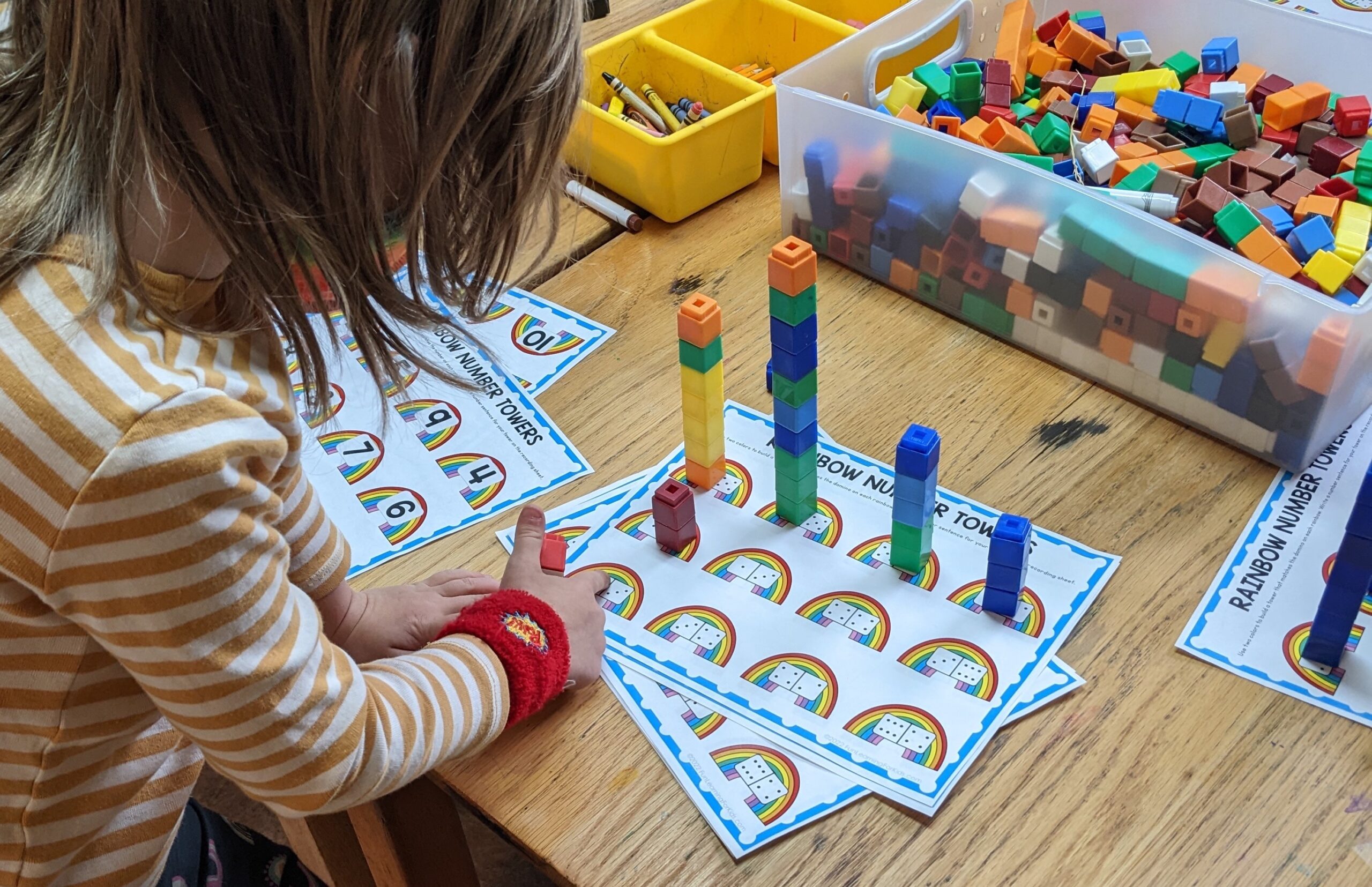
Mathematics is an integral part of a child’s everyday life. At Walden, we explore the mathematical concepts readily found in children’s literature and in everyday experiences like block play, setting a table, and measuring ingredients for a cooking project. As we interact with each other, teachers ask children to observe, reflect upon, describe, qualify, quantify, and communicate what they observe.
Our math program teaches abstract concepts through hands-on experiences with real objects and manipulatives. The children first freely explore a set of materials, then they are introduced to specific concepts, such as number, nonstandard measurement, patterns, addition, and subtraction using those materials. We observe, discuss, and describe specifics of sorting, classifying, grouping, counting and quantity, estimation, graphing, and problem solving. Children use specific tools such as unit blocks, tangrams, scales and other measuring devices, geoboards, sequencing games, unifix cubes, as well as collections of buttons, shells, wooden cubes, pattern blocks, and coins to represent number and shape, and to practice simple addition and subtraction.
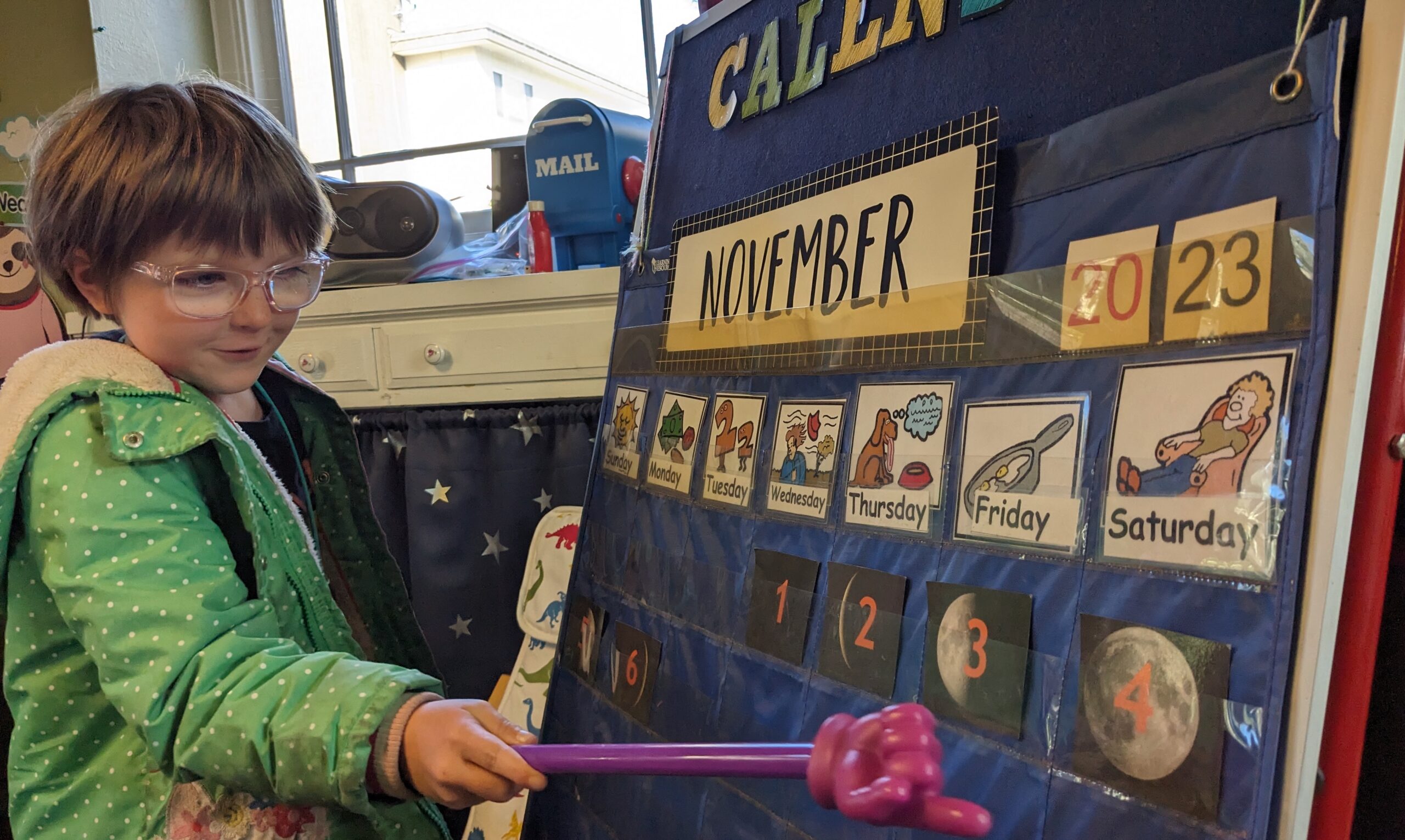
A tremendous amount of authentic mathematical learning takes place at calendar time each morning: we count, add, look for patterns, develop a timeline, and work on number recognition and formation as well as build upon the children’s ever growing sense of time and sequence. Teachers model using graphs as another way to visually represent amounts, as well as the concepts of greater and less than, biggest and smallest, and other number sense concepts.
Science
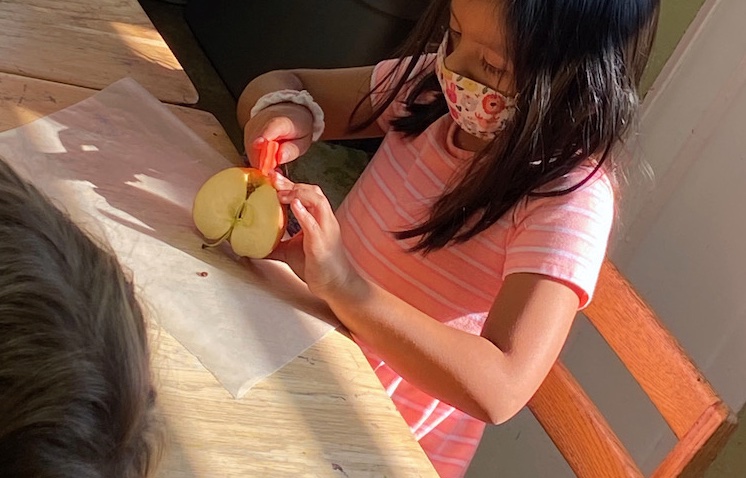
In Lower Group science we concentrate on developing observation skills, posing questions, and being imaginative. We tap into children’s natural curiosity in our science curriculum. Teachers help children to be scientists who use their five senses as well as a sixth sense of wonder to explore the world around them. Both natural and physical sciences play an important part in the Lower Group classroom experience and are integrated into our language arts and visual arts programs.
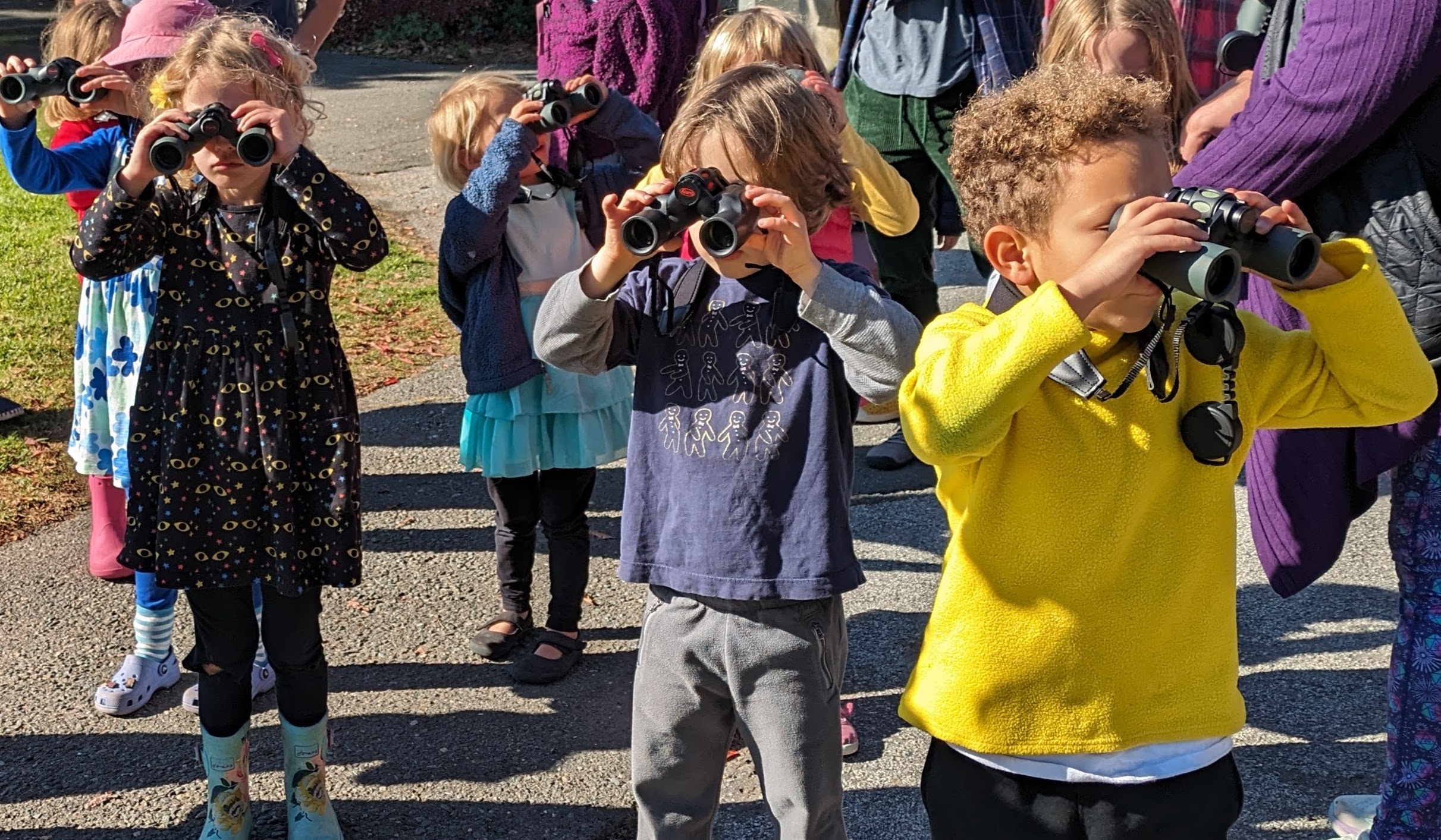
Field trips are a strong component of our program, and include visits to wildlife refuges, regional and local parks, museums, planetariums, and environmental centers. Parents often lend their talents, skills, and tools to extend our knowledge and enjoyment of scientific explorations. We invite children to share items from nature with the class. Some topics we’ve explored in the Lower Group are: plants, animal habitats, bees, weather, forces, light and shadows, properties of water, magnetism, and the seasons.
Social Emotional Learning
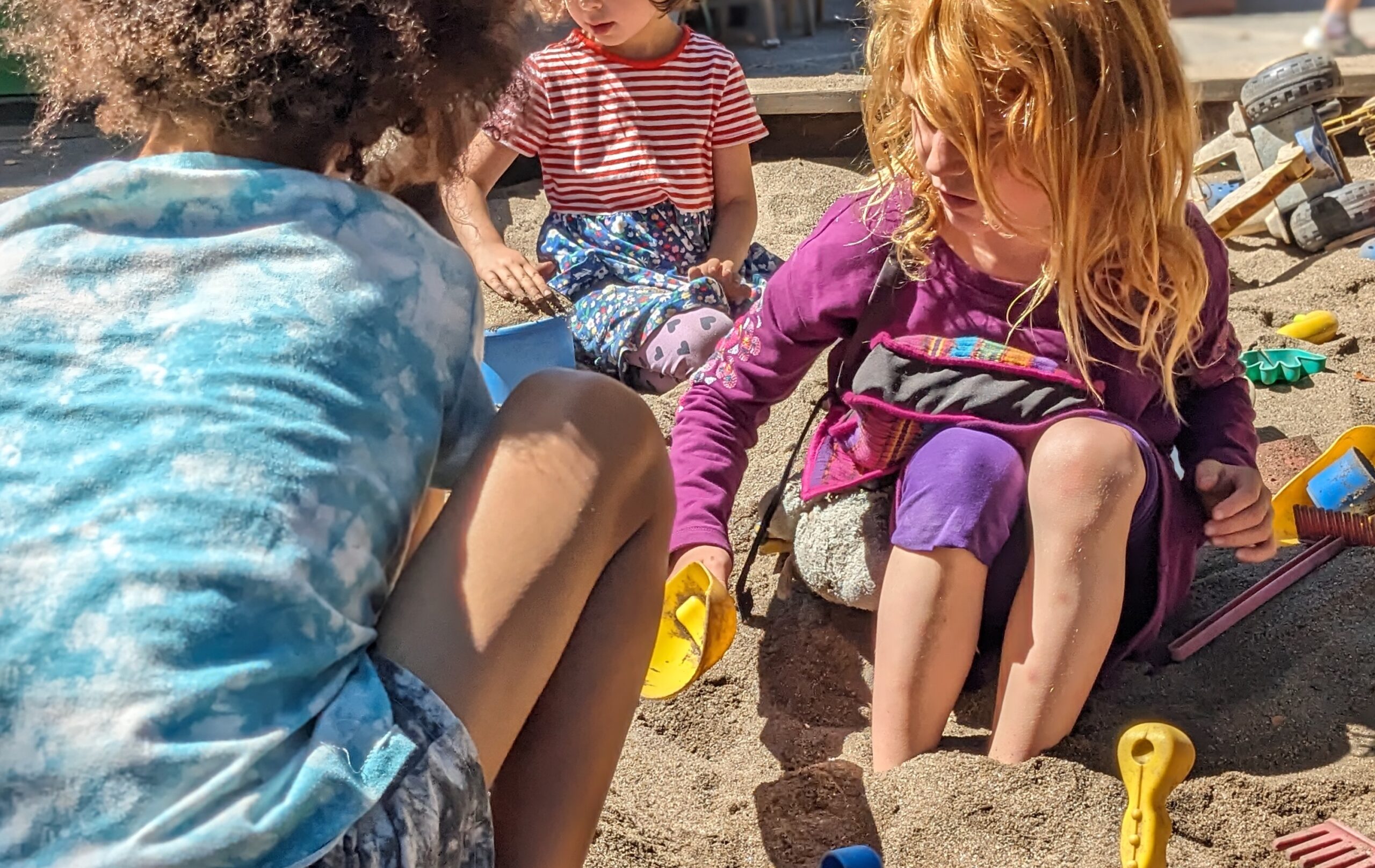
One of the most important aspects of the first year at Walden is learning how to be in school; how to be a friend, a student, and a member of the class and larger school community. Using a Responsive Classroom approach children participate in games and other active learning in order to develop and reinforce the skill of empathy, and how to express feelings in a prosocial way.
Social Studies
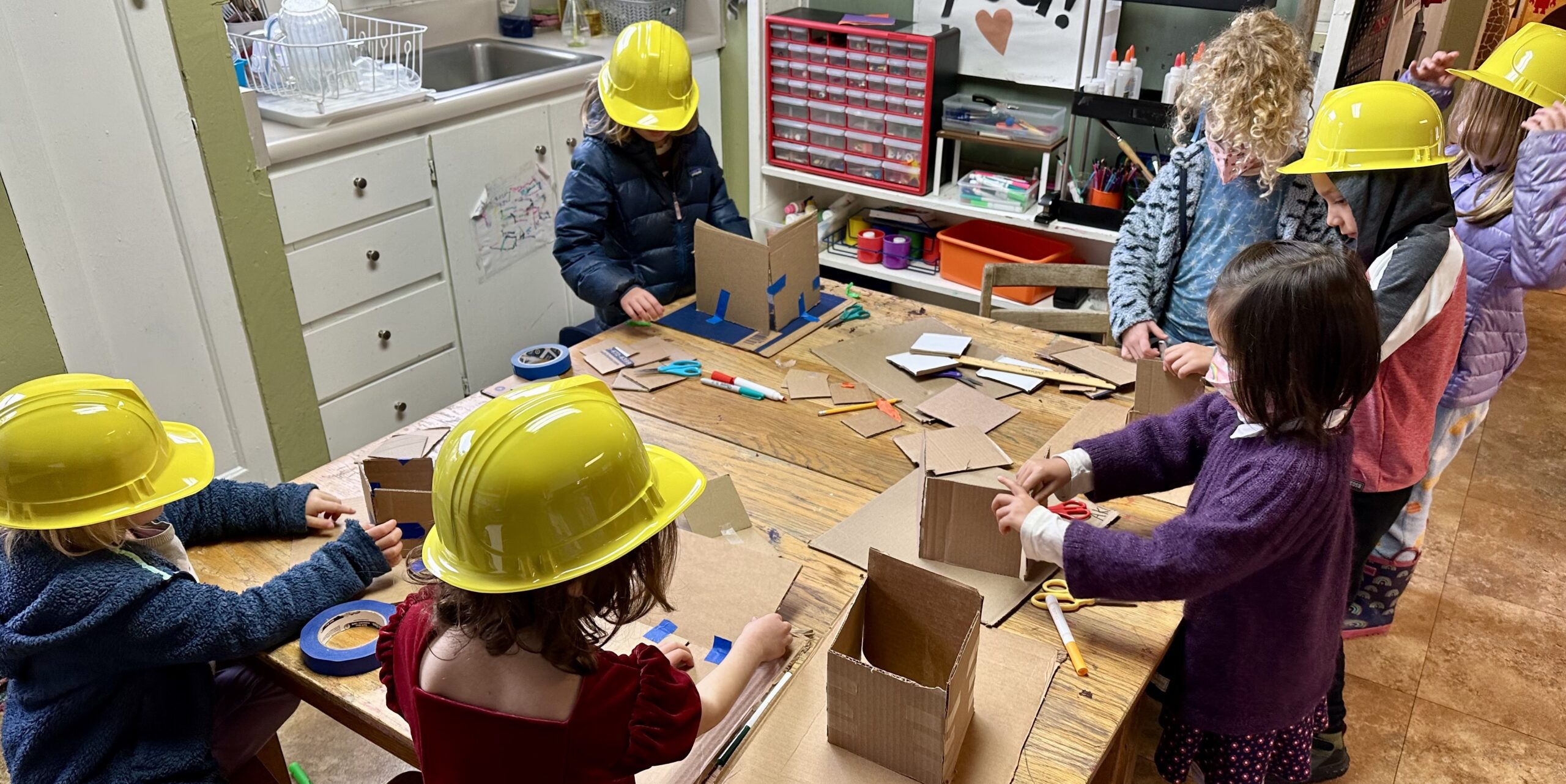
Social-Emotional Learning is all about figuring out that there are other people in our world and that they matter. We begin by deepening the child’s own sense of self by asking: how are you the same as your friends, and how are you also different from them? Then we take some important steps outside of our own perspective by learning about all the different ways that people can be different. We learn about different gender expressions, different abilities, different races, different nationalities, languages, interests, skills, and family structures. Most importantly, we learn that we have the agency to create change in the classroom, the school community and beyond.
American Sign Language
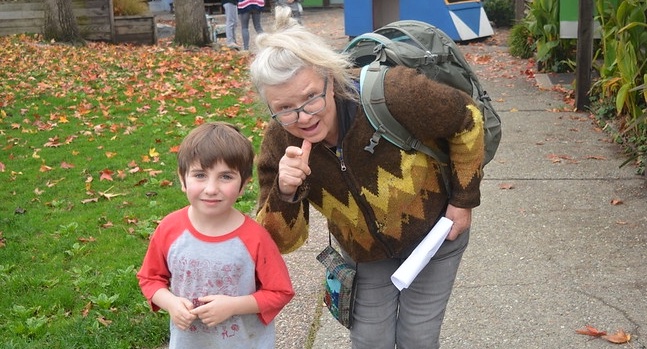
Sign language is a fun and physical way for young children to connect with language. Walden’s ASL program for the Lower and Lower Middle Groups helps expand vocabulary, improves expressive and receptive language, and teaches an appreciation for deaf culture and diversity. It can provide early inroads to writing – young children are often able to finger-spell before they can easily write the alphabet. The dramatic nature of signing engages the imagination and encourages expression, and the children enjoy using their signing skills to write and film their own sign-language “play” at the end of the year.
Spanish
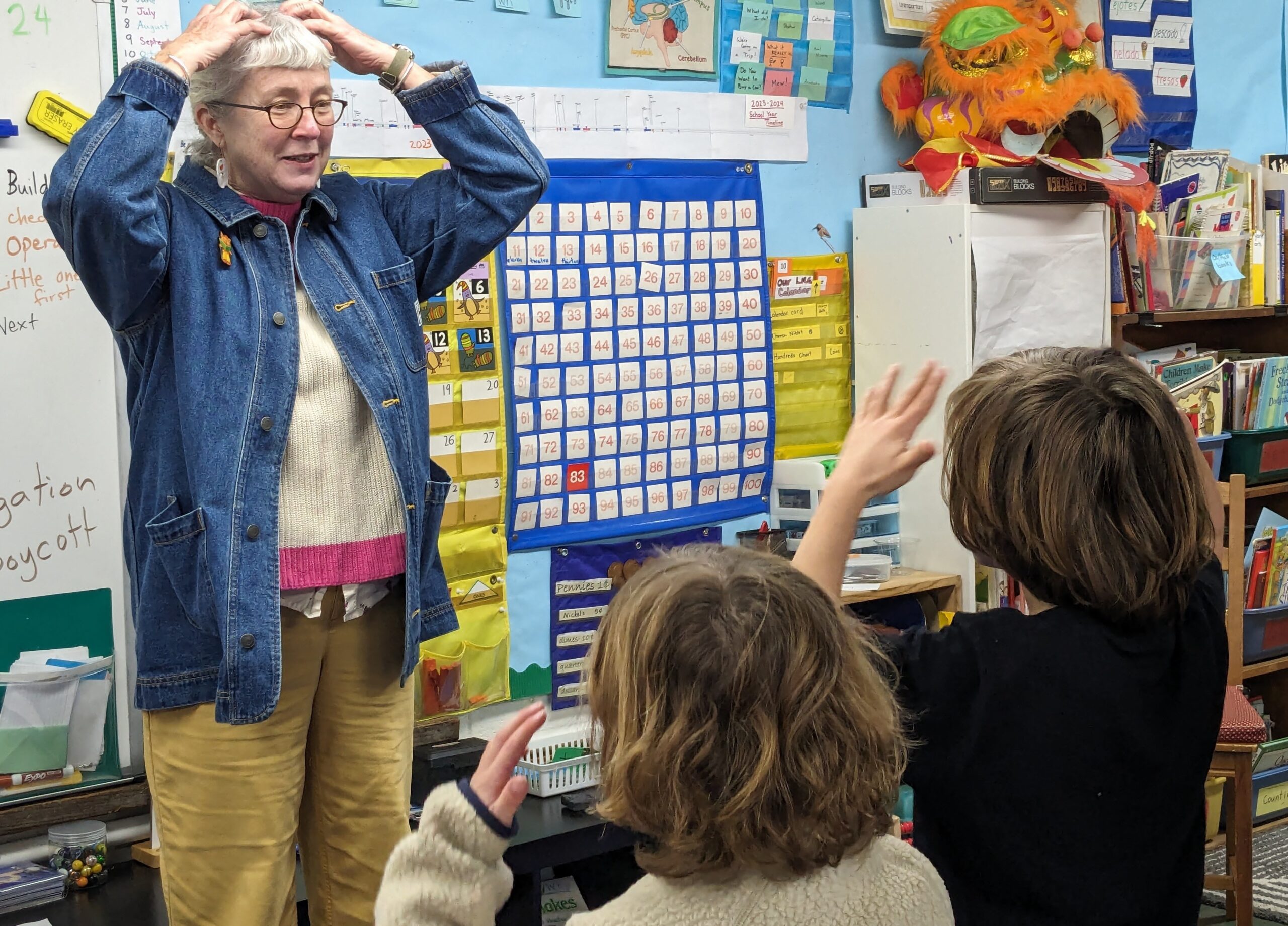
Although some children who begin school at Walden have had some, or a lot, of exposure to Spanish, many have not. The emphasis in Lower Group is to make learning another language desired and FUN! We begin by learning the names of things that are familiar in English, such as colors, shapes and body parts. We learn how to count. We learn the vowel sounds in Spanish. We learn greetings and words to describe how we are feeling. We sing songs and explore children’s books in Spanish. As with all of the grade levels there is a cultural component to Spanish class; we learn about holidays celebrated in Spanish speaking countries, and we learn about the similarities and differences between ourselves and children from other parts of the world.
Throughout all of the grade levels there is an emphasis placed on the importance of learning another language to help us understand one another, to expand our horizons and to open doors to other ways of thinking and being. Learning another language expands our brains and hopefully instills some compassion and understanding of what it is to be from somewhere else.
Learn more about Spanish at Walden
Drama and Movement
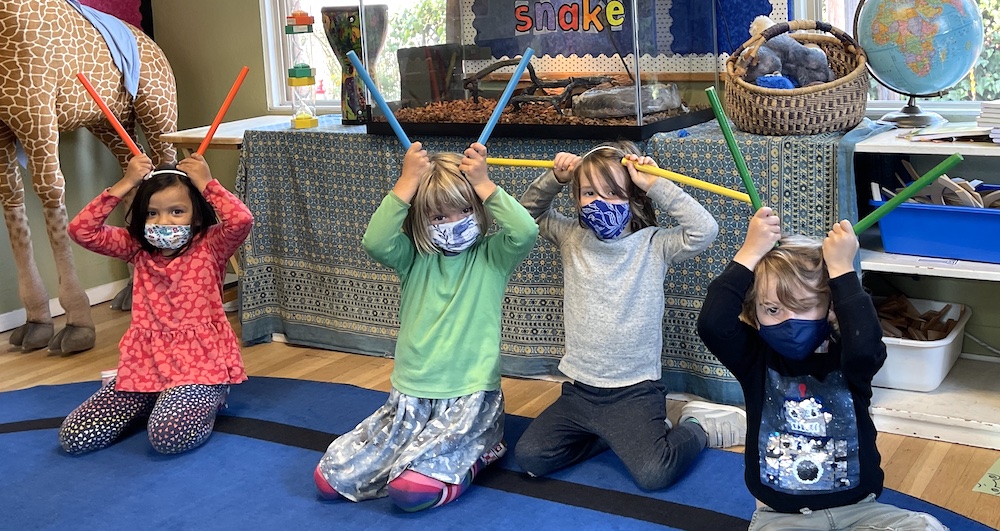
Getting to know you: The Lower Group drama and movement class is an informal mix of creative dramatics and imaginative movement-based activities. The over arching goal is to provide the children with a wonderful, relaxed, fun-filled introduction to creative movement. Dance education is at the forefront in order to help younger children break away from preconceived notions of gender roles. Ballet, African Dance, Jazz, and Hip Hop become the world in which the children explore and thrive. We all dance through life!
Lower Group drama is a merry mix of active free-form movement, acting games, dance appreciation, and experimentation. Movement skills and physical fitness are encouraged through noncompetitive play such as catching, kicking, skipping, rope jumping, and of course, running. Children this age are not expected to perform in the traditional sense. Performance opportunities abound in the wild and tumble world of class twice a week, in monthly assemblies, and on the day-to-day stage that is the world of the four-to-six year old.
Laughter is the key component to this curriculum. Wild, uninhibited dramatic play meets the academics of dance study and rudimentary stage skills. The drama teacher is an integral part of the youngest class at Walden, whether leading them in a rambunctious game of Storm or assisting them into their raincoats on a rainy day.
Learn more about Drama at Walden
Music
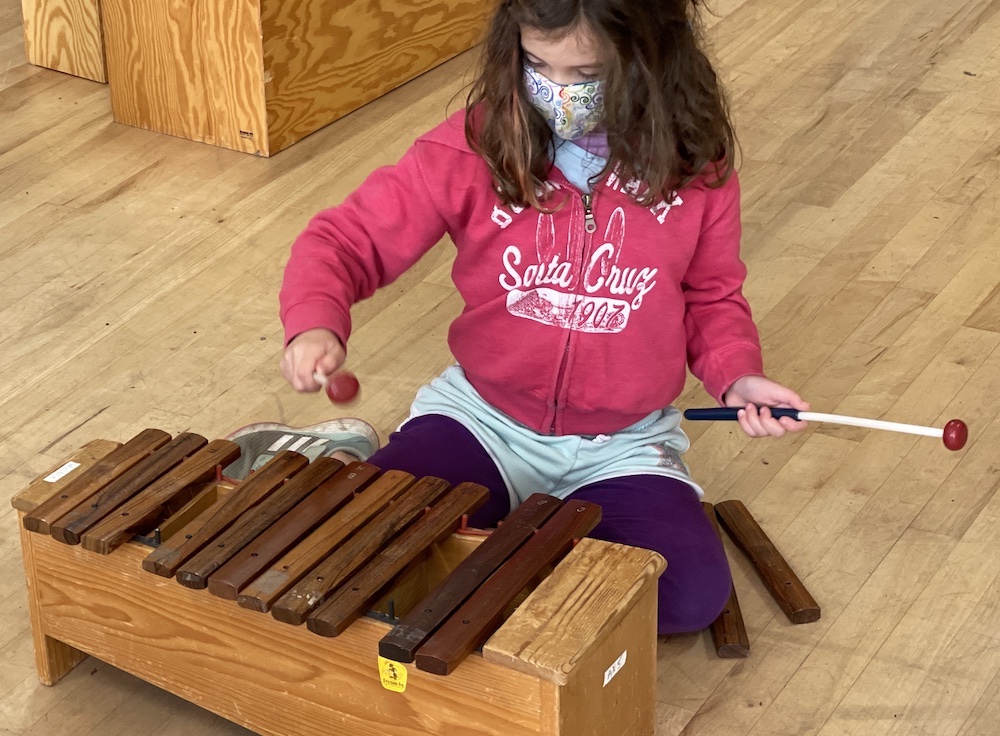
Lower Group music builds upon the young child’s natural joy in chanting, singing, moving, imagining, and storytelling, guiding these abilities into organized forms. Students learn to focus their energy into goal-directed activities involving speech, rhythm, melody, tone color, and dance. They develop an awareness of their place in the group, a sense of personal versus shared space, and the ability to participate in guided group activities. As the year progresses, the students develop a varied repertoire of games, dances, rhymes, songs, and other materials. We cover the following:
- RHYTHM: Nursery rhymes, patting a steady beat, echo clapping, question-answer, two-part rhythms, reading rhythm, clapping the rhythms of words, moving to the beat, experiencing phrases through games and dances
- MELODY: Singing songs of many types, pitch-matching games, moving the body or gesturing up and down to imitate melodic contour, singing while playing a melody or drone instrument
- MOVEMENT AND DANCE: moving together in circles and lines; exploring a variety of basic movements in rhythm (step, turn, swing, shake, sway, walk, march, jump, hop, etc.); learning and creating rhymes and songs with motions; learning set folk dances, play parties, and gesture songs
- INSTRUMENTS: exploring percussion instruments and using them to accompany rhymes and stories, improvisations and beginning pieces for Orff instruments
Learn more about Music at Walden
Visual Art
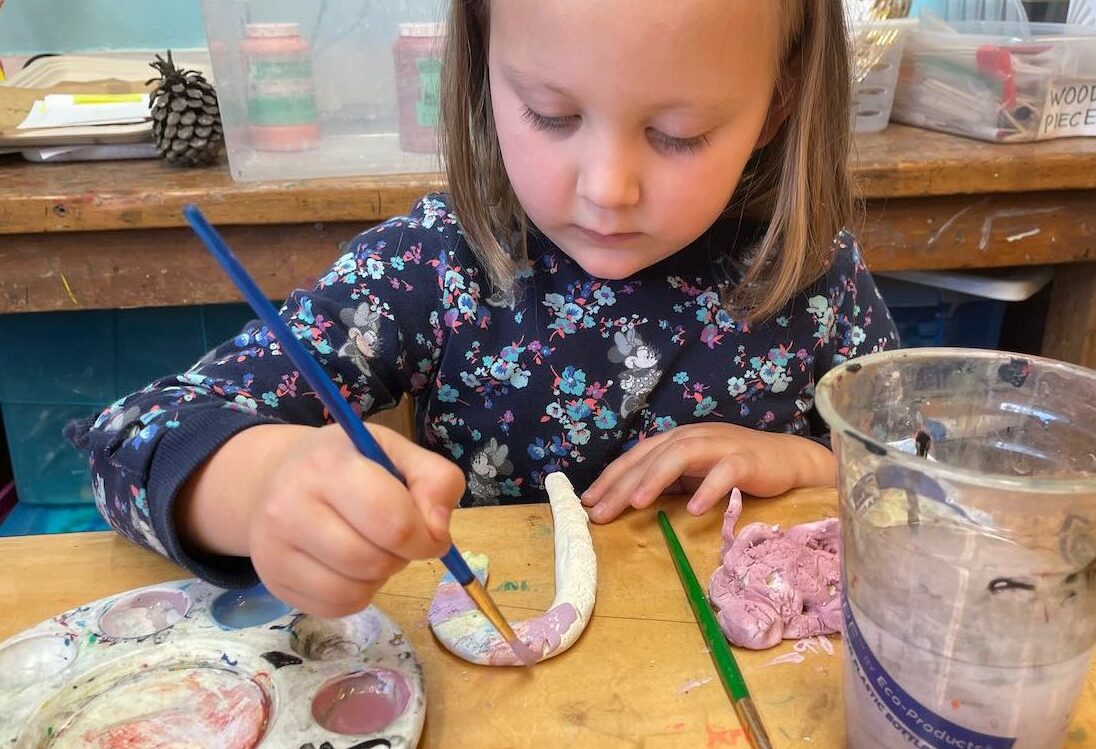
Art involves mind, feelings and fine motor abilities that is why the lower groupers get ready for Art at the beginning of each class warming up fingers, mind and heart. Lower Group art is experiential, focusing on the art process as kids discover art through their senses. The program helps students feel comfortable and excited in the art studio environment, learning a visual language as a resource to express themselves. They also learn basic routines like returning materials to their place, cleaning up after class, using an apron, and working in their sketchbooks.
Throughout the year we explore different materials. Using their imaginations and enjoying their different ways of thinking, children find new opportunities to work and learn. Kids learn to share materials and feel free to ask questions as they make connections with other previous experiences. They practice self-expression through art activities like painting with oil pastel, tempera, water color, cutting, sculpture with paper, clay, using tape, collage (with seeds, yarn, fabric or paper, playing with textures), printing, etc. They learn to paint with brushes, and also with sponges, combs, and corks. Through these activities they will develop their fine motor skills while learning that there are no mistakes in art, only opportunities.
Art for the lower group is an open door to a whole new world!
